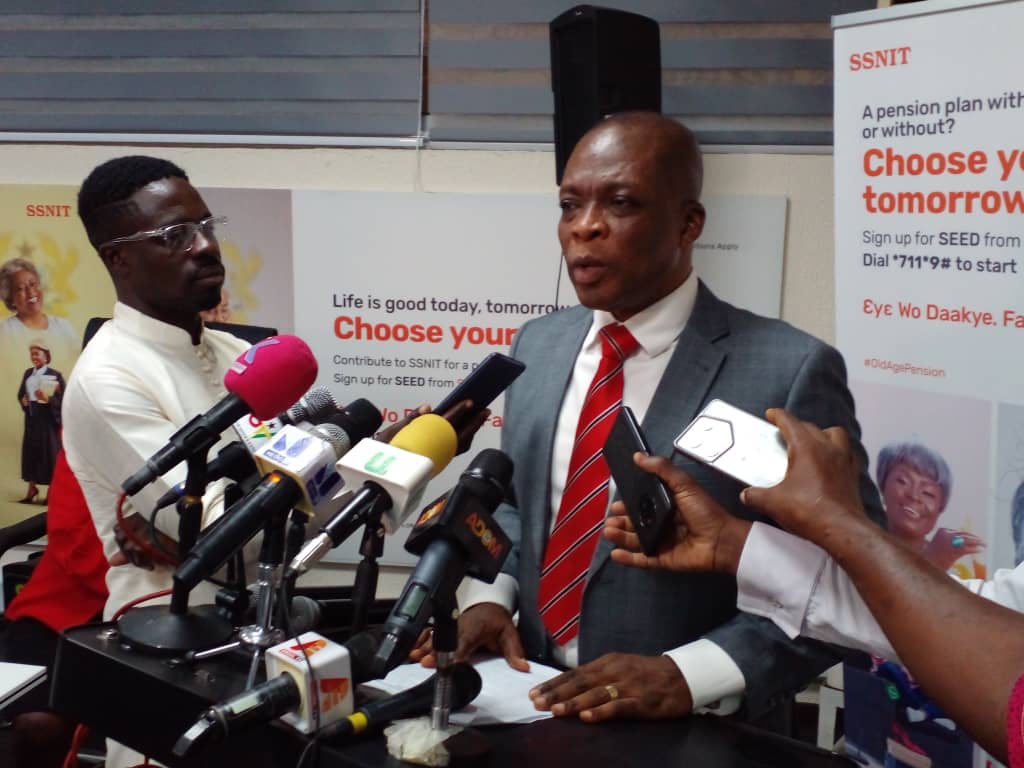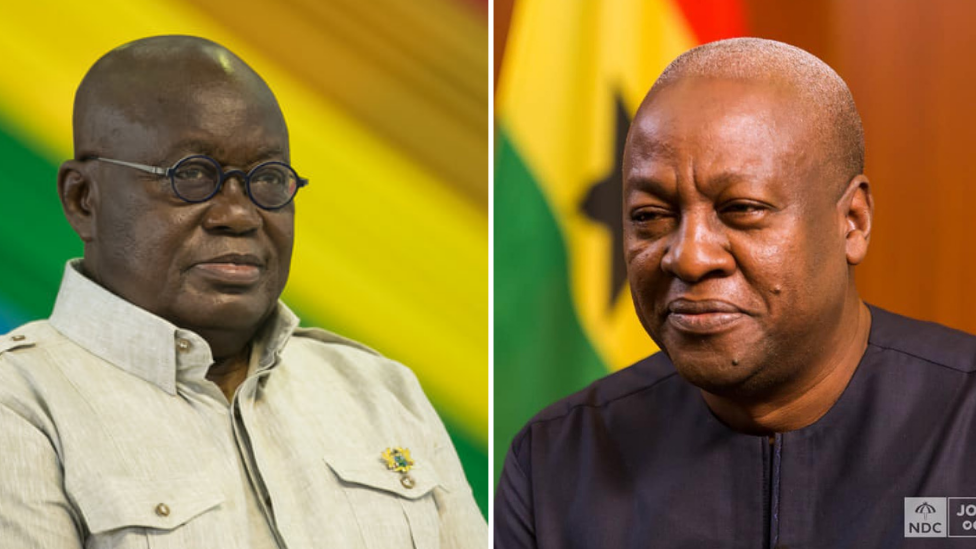
By Kodwo BRUMPON
“Do not assume the jug is empty just because it makes a hollow sound when you hit it with your head.” – African proverb
Never assume anything, especially in our present era. We live on factoids and tabloids. Assumptions always get us into hard places, and then we need to tell tales to wiggle our way out of those places.
But that is just the beginning; the other end is more troubling. The biggest blow assumptions deal to us is, it limits the patterns we see in any environment. Subsequently, it also limits the possibilities that exist within us and in the environment.
You have to understand that your contribution towards any design solution based on assumptions is fairly minimal in contrast to the potential that exists if thorough questioning takes place.
We all have accumulated assumptions and conjectures from our vast experiences in life, as Sanford Breman puts it. ‘Life is a series of unconscious assumptions.’ That is a mental baggage we carry around with us and it can inhibit the acceptance of new and innovative ideas.
They say ‘curiosity killed the cat’, but the cat made too many assumptions regarding itself and the world around it. We cannot know-it-all about a particular discipline and yet, you find experts who confidently rubbish minor suggestions made by other people.
They tend to forget that compared to the complexity and interconnectedness of the world, their knowledge base is very limited and skewed to a particular area they focus on.
We all make assumptions, and these shape our thoughts, words and actions. What is scary about assumptions is that, few of us actually take the time to examine them, much less articulate them – we almost never talk about them.
Too often, people find it easier to make assumptions and stick with what they have assumed rather than going the extra mile to find out what is. And why not, it makes their jobs easier, at least whiles it last.
All throughout history, assumptions have led to the pursuit of ideals that turned out to be mistakes, for example all the studies about the earth when it was thought to be flat (it appeared to be flat, so an assumption was made to that effect), was a waste of time and effort. It could have been prevented if people had questioned the validity of that assumption.
Assumptions are not handed down to us like the way knowledge is. As individuals we tend to create our own assumptions. Our refusal to question what we see and hear creates the basis of our assumption. Other times, we make assumptions because we lack the technical capacity to sufficiently examine whatever evidence is present. The part about assumptions that saddens me is where we swallow ‘line, hook and sinker’ the expressed views of experts.
If you are going to learn about yourself as proposed by the previous chapter, then now is the best time to start. Start by questioning your assumptions. Questioning your assumptions requires you know the ‘whys’ of your behavior. It makes you more responsible for your thoughts and actions. When you ask a question, it leads to more questions.
This broadens the possibilities within and around your environment. When you learn by asking questions, it is like a treadmill that has no end. It instructs the mind to keep searching and this enables you to educate and re-educate yourself thus broadening your knowledge depth and horizon.
The people we tag as brilliant and creative, the ones who act ‘outside-the-box’, they question assumptions. They question theirs and that of society. And the biggest secret of all is that leaders, especially charismatic ones, constantly question the status quo by questioning their assumptions.
They free themselves from the web of assumptions society accepts, just by asking about what we accept. They free themselves in the process of questioning. They do away with the imposed limitations of assumptions, and this allows them to reach for the skies. Questioning will make you a freer person.
__________________________________________________________________
Kodwo Brumpon is an executive coach at Polygon Oval, a forward-thinking Pan African management consultancy and social impact firm driven by data analytics, with a focus on understanding the extraordinary potential and needs of organisations and businesses to help them cultivate synergies, that catapults into their strategic growth, and certifies their sustainability.
Comments, suggestions, and requests for talks and training should be sent to him at [email protected]
The post Assumptions killed the cat appeared first on The Business & Financial Times.
Read Full Story








Facebook
Twitter
Pinterest
Instagram
Google+
YouTube
LinkedIn
RSS